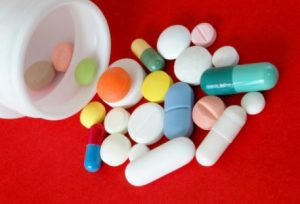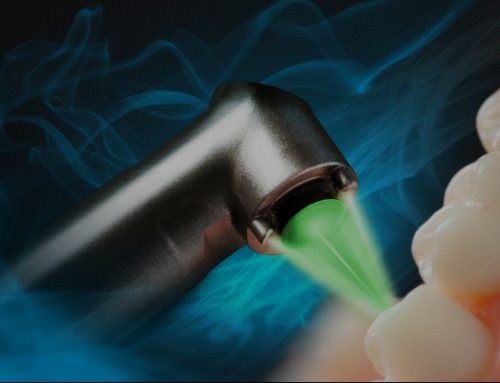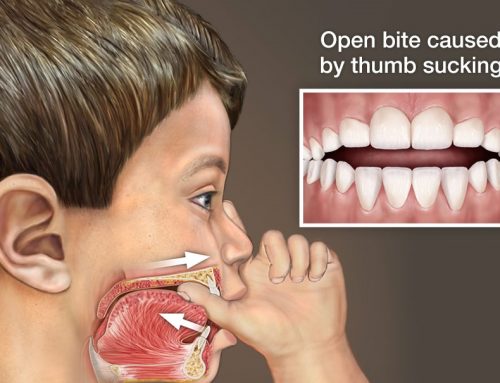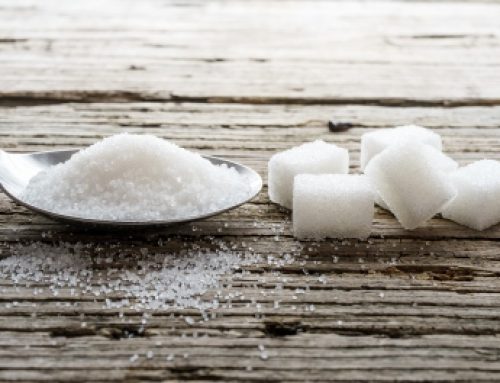Xerostomia is a symptom of oral dryness caused by hypofunction of the salivary glands. Xerostomia or dry mouth is an oral condition that presents unique oral challenges. Side effects of dry mouth include oral discomfort and difficulty speaking, chewing, and swallowing.
Routine Checkups
Each routine examination at Hogan Family Dental includes a thorough review of a patient’s medical, dental, and prescription history. During the dental exam, we often find patients who experience dry mouth. This is of great concern to us because of the impact dry mouth has on your oral health.
The Role of Saliva
Saliva has a very protective function for the teeth and oral tissues. Saliva contains many enzymes which help to neutralize acids. Lack of saliva causes an increase in dental cavities. Oral sores, bad breath (halitosis), difficulty wearing dentures and thrush (oral fungal overgrowth) can also occur due to inadequate saliva production. Your dentist will want to visit with you regarding dry mouth symptoms to develop a strategy to minimize your discomfort and your risk of dental diseases.
Causes of Xerostomia
Xerostomia has multiple different causative factors prescription and over-the-counter medications, systemic diseases, dysfunction of the salivary glands, snoring, and sleeping with your mouth open at night.
Medications
 Prescription and over-the-counter medications including diuretics, beta blockers, tricyclic antidepressants, antihistamines, anticonvulsants and antipsychotic medications frequently cause a patient to experience dry mouth.
Prescription and over-the-counter medications including diuretics, beta blockers, tricyclic antidepressants, antihistamines, anticonvulsants and antipsychotic medications frequently cause a patient to experience dry mouth.
Systemic Diseases
Systemic diseases linked with xerostomia include Sjogren’s syndrome, hypothyroidism, depression/anxiety, and rheumatoid arthritis (to name just a few). All of the above alter the ability of the salivary glands to produce adequate saliva to keep the mouth moist.
If you have recently changed medications and are experiencing dry mouth, we encourage you to share this information with your pharmacist or medical doctor. A simple medication change may be possible to restore proper salivation. Alternatively, the addition of a sialagogues (saliva producing medication) may also be prescribed to increase saliva flow.
Chemotherapy
Another group of people with an increased risk for xerostomia are patients who have been diagnosed with cancer. Both chemotherapy and radiation decrease saliva flow by damaging the salivary glands. Studies indicate more than 90% of patients receiving radiation to the head and neck area experience xerostomia. Cancer patients also have an increased risk of dehydration. Surgical procedures to remove tissues of the head/neck regions may damage the salivary glands thereby decreasing saliva flow. Many cancer centers have developed specialized palliative centers to help patients with the oral changes that occur.
Home Care
If you have experienced chronic dry mouth, we encourage you to visit with your dentist and doctor about your symptoms. Your dentist will want to develop a strategy to minimize your discomfort and decrease your risk of dental disease. Your dentist will encourage a home care routine, which may include one or more of following recommendations:
- Taking frequent sips of water to lubricate your mouth
- Chewing sugarless gum to stimulate saliva flow
- Brushing your teeth with a high dose fluoride toothpaste
- Receiving in-office application of therapeutic fluoride
- Using rinses and toothpastes that stimulate saliva flow, these products can often be purchased in your local pharmacies OTC department
- Taking a prescription medication and/or oral spray to stimulate saliva flow
- Avoiding beverages, foods, and candies that are acidic
We Care
Hogan Family Dental encourages all patients to visit your dentist for regular, routine examinations and gum treatment. Patients who experience dry mouth are recommended to see the dentist twice yearly due to their increased risk factors for cavities and other oral conditions.
Contact Us
Hogan Family Dental is here to help. We invite you to call us today at (406) 234-2926 to learn more or to schedule an appointment.






